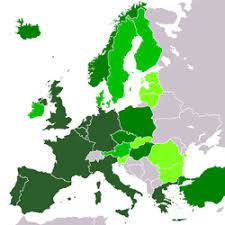 Most Western European languages have two ways of saying "you". A formal/polite way and an informal/familiar mode. This happens with all of the so-called Romance languages, ie those derived from Latin and spread across Europe by the Roman legions during their long-standing eponymous empire. This occurs in French, Italian, Portuguese, Romanian and, of course, Spanish. It also happens in the Germanic languages, ie German, Dutch and Flemish, but strangely NOT in English.
Most Western European languages have two ways of saying "you". A formal/polite way and an informal/familiar mode. This happens with all of the so-called Romance languages, ie those derived from Latin and spread across Europe by the Roman legions during their long-standing eponymous empire. This occurs in French, Italian, Portuguese, Romanian and, of course, Spanish. It also happens in the Germanic languages, ie German, Dutch and Flemish, but strangely NOT in English.
So, what are the rules?
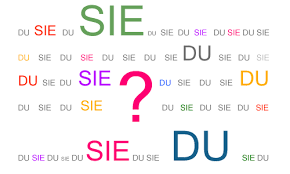 In my experience, which only extends to Dutch, French, German and Spanish, the "rules" are different. In France, Belgium, Austria, Germany, the Netherlands and Switzerland, you'd better stick to "vous" and "Sie" until such time as you come to an agreement to switch to "tú" and "du" and their equivalents.
In my experience, which only extends to Dutch, French, German and Spanish, the "rules" are different. In France, Belgium, Austria, Germany, the Netherlands and Switzerland, you'd better stick to "vous" and "Sie" until such time as you come to an agreement to switch to "tú" and "du" and their equivalents.
Oddly, though, abroad, eg here in Spain, Germans are happy to go striaight for "du" and "ihr". Not the French, though.
Many years ago I had a professional friendship for many years with French counterparts from Chalon-sur Saone (Burgundy). It was the twin town link with St Helens (Merseyside) where I was in charge of educational and work experience exchanges for students.
 When, after some time, I had the temerity to suggest we dropped the formality and used Christian names and the familiar form, you could have heard a pin drop!
When, after some time, I had the temerity to suggest we dropped the formality and used Christian names and the familiar form, you could have heard a pin drop!
Nevertheless, we did try it from that point on, but one lady, my main contact, Marguerite Ligier (Guite) occasionally called me Monsieur Whitelock and used "vous". She found it really hard to maintain the switch.
España es diferente
The situation in Spain is totally different, particularly since the death of the dictator Franco in 1975 and Spain's return to democracy.
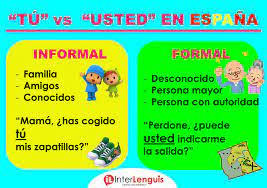 Here, it's mostly "tú" and "vosotros", although, as I get older, I am more often addressed as "usted". I hate that. When I ask my interlocutors why they don't use "tú", I am told the use of "usted" is a mark of respect for an older person (I am 73).
Here, it's mostly "tú" and "vosotros", although, as I get older, I am more often addressed as "usted". I hate that. When I ask my interlocutors why they don't use "tú", I am told the use of "usted" is a mark of respect for an older person (I am 73).
My strategy for years has been to only use the familiar form. Well, most people are younger than me, so that's ok, according to the "rules of the game".
What to do, then?
My colleague, Peter Edgerton, a long-time Spanish resident, runs a bar, The Shakespeare, in Malaga City (see below), as well as being a columnist for SUR in English. He's just published an article (09/02/2024) that tackles the problem in an amusing manner.
Here's a link to his piece: Peter Edgerton: To use 'tú' or not to use 'tú' | Sur in English
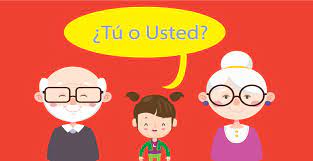
What more can I say? A great article. Thanks, Peter.
© Don Pablo
The Shakespeare
C/ Muro de Puerta Nueva, 5, Distrito Centro, 29005 Málaga
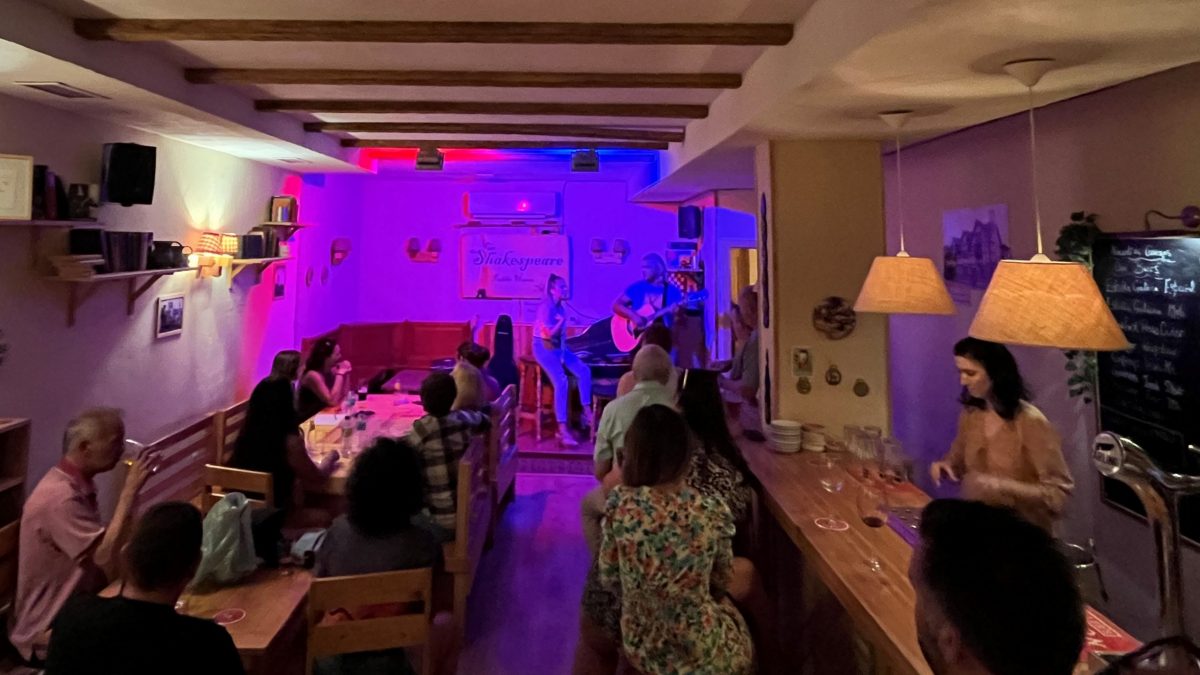
English-style pub in the heart of Malaga, The Shakespeare is a hub for expat activity. Run by Peter Edgerton, musician and writer, there is a strong sense of community here.
Right in the centre of Malaga, just off Plaza de la Constitución, there is always something going on with a full itinerary of events each week (follow The Shakespeare on Facebook for events). They include live music (with weekly ‘open mic’ nights), bilingual pub quizzes and language exchanges.
Major live football and rugby are also shown on the two screens.
With a selection of beers, both bottled and on tap, and spirits, your more international tastes are catered for here.
***
Acknowledgements:
Peter Edgerton
SUR in English
The Shakespeare
Photos:
Facebook
InfoAlemania
Interlenguas
Nathalie FLE
Skapago
Wikipedia
YouTube
Tags:
Austria, Belgium, Chalon-sur-Saône, Don Pablo, du, Dutch, English, Facebook, Flemish, Franco, French, German, Germanic, Germany, Guite, Interlenguas, Italian, Marguerite Ligier, Netherlands, Peter Edgerton, Portuguese, Roman, Romance, Romanian, St Helens, Sie, Spanish, SUR in English, Switzerland, tu, tú, ud, usted, vosotros, vous, Whitelock, Wikipedia